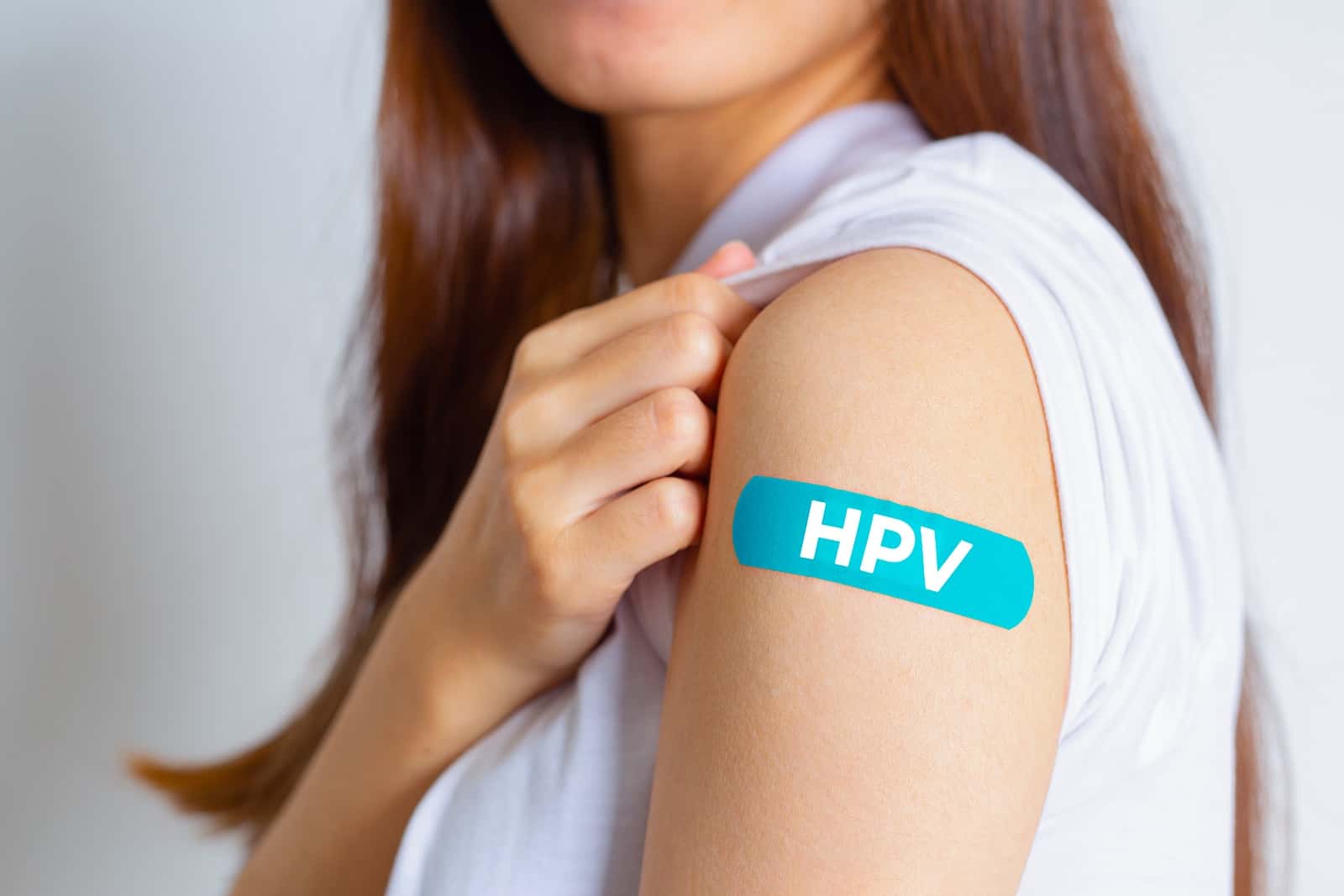
Cancer of the cervix, the channel between the vagina and the uterus, has long been a problem for women’s health. Doctors diagnose about 11,500 women with cervical cancer each year. Physicians strive to detect this cancer early by doing Pap smears as part of a pelvic exam, collecting samples of cells for analysis. Rates of cervical cancer have been dropping in the US over the past few decades, but it still kills around 4,000 people a year. Human papilloma virus, or HPV, is a major risk factor. Can the HPV vaccine reduce the chance of this potentially deadly cancer?
How Well Does HPV Vaccine Work?
A new study shows that the HPV vaccine is extremely effective at preventing cervical cancer (Journal of the National Cancer Institute, Jan. 22, 2024). Such cancers are associated with infection with human papillomavirus, also known as genital warts.
The study is from Scotland and utilized medical records of women born between 1988 and 1996 to get quite a complete picture. Those who were fully vaccinated against HPV when they were 12 or 13 have not developed cervical cancer. That is to say, researchers did not find a single case of cervical cancer in this group in the entire country. Approximately 40,000 women were vaccinated at that young age, before becoming sexually active.
Another 124,000 women got the HPV vaccine when they were 14 or older. Scientists found a rate of 3.2 cases of cervical cancer per 100,000 women in this category. In comparison, 300,000 women in this same age group were not vaccinated. Researchers found about 8.4 cases of cervical cancer per 100,000 unvaccinated women. These results confirm earlier findings of HPV vaccine effectiveness from Finland.
Home Test Makes Screening Easier:
For women in the US, screening with a Pap smear helps with early detection and effective treatment of cervical cancer. Not everyone sees a gynecologist for a regular Pap smear, though.
That is why experts are excited about FDA approval of a home test. It consists of a wand for self-administered sample collection, which the woman then mails back to the lab. There, the lab tests the sample for human papillomavirus, HPV. Once the results are available, the woman can discuss them through a telehealth visit with a healthcare provider.
The home test is produced by Teal Health and should be available soon. Experts expect health insurance companies to cover the cost, although Teal Health has not announced what it will charge.
Citations
- Palmer TJ et al, "Invasive cervical cancer incidence following bivalent human papillomavirus vaccination: a population-based observational study of age at immunization, dose, and deprivation." Journal of the National Cancer Institute, Jan. 22, 2024. DOI: 10.1093/jnci/djad263

